Where the OECD EdTech Report Missed the Mark
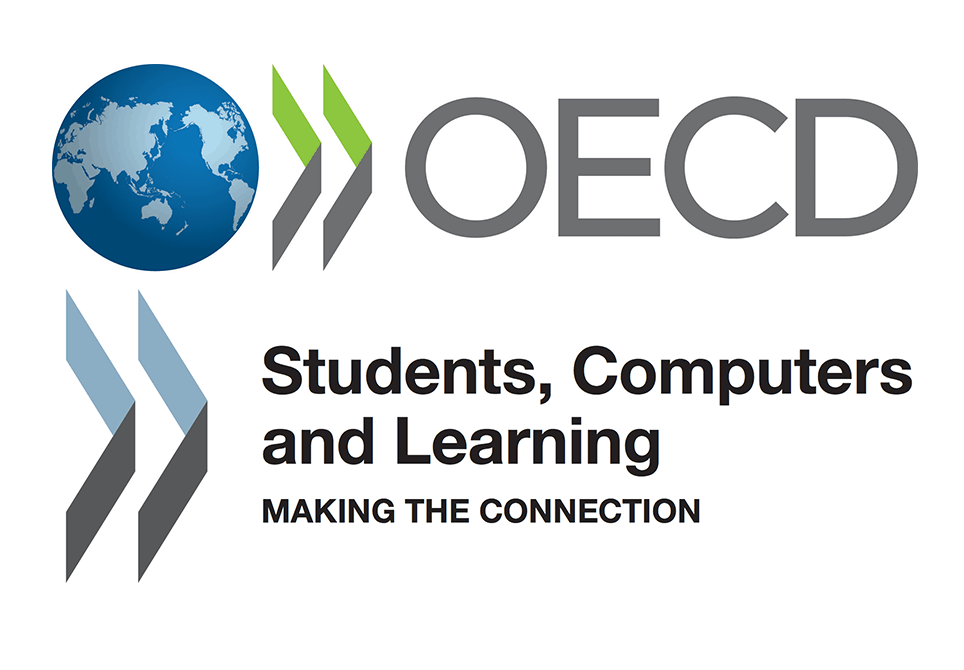
A recent OECD report resulted in kneejerk headlines like, “don’t bother buying computers for schools.” Students, Computers and Learning reviews academic results in developed countries from 2009 to 2012 and attempts inferences regarding the use of what they call information computer technology (ICT).
The mission of the Organization for Economic Co-operation and Development (OECD) is to promote economic and social well-being of people around the world. They publish a couple education reports annually that provide a useful reflection although dated and high levels of global progress.
This new warning against EdTech exuberance is interesting given last year’s report suggests innovation can 1) improve learning outcomes and the quality of education provision, 2) to enhance equity, 3) to improve efficiency and 4) remain relevant to a changing economy.
What does the report say?
Here’s the headline grabbing findings:
- Students who use computers moderately at school tend to have somewhat better learning outcomes than students who use computers rarely; students who use computers very frequently at school do a lot worse in most learning outcomes, even after accounting for social background and student demographics.
- The results also show no appreciable improvements in student achievement in reading, mathematics or science in the countries that had invested heavily in information and communication technology (ICT) for education.
- Technology seems of little help in bridging the skills divide between advantaged and disadvantaged students.
What the report says that the papers didn’t report:
- We need to get this right in order to provide educators with learning environments that support 21st-century pedagogies and provide children with the 21st-century skills they need to succeed in tomorrow’s world.
- Technology is the only way to dramatically expand access to knowledge. Why should students be limited to a textbook that was printed two years ago, and maybe designed ten years ago, when they could have access to the world’s best and most up-to-date textbook?
- Technology allows teachers and students to access specialised materials well beyond textbooks, in multiple formats, with little time and space constraints. Technology provides great platforms for collaboration in knowledge creation where teachers can share and enrich teaching materials.
- Technology can support new pedagogies that focus on learners as active participants with tools can enhance experiential learning, foster project-based and inquiry-based pedagogies, facilitate hands-on activities and cooperative learning, deliver formative real-time assessment and support learning and teaching communities, with new tools such as remote and virtual labs, highly interactive non-linear courseware based on state-of-the-art instructional design, sophisticated software for experimentation and simulation, social media and serious games.
The report concludes that EdTech is either a distraction or we just haven’t figured out how to use it.
How good is the data?
The report is based on test data from the 2011-12 school year, largely the premobile period. For any other sector, it would be completely unacceptable to consider three year old data for examining current practice. The report is a frustrating reflection of the estate of education data.
There is value in examining rear view mirror data but it doesn’t reflect the opportunity set.
What does the report recommend?
Report recommendations and comments follow:
- Develop foundation skills in reading and math “to reduce inequalities in the ability to benefit from digital tools.”
- This ‘EdTech as reward’ misses the growing role of EdTech, particularly adaptive learning, in promoting foundational skills.
- Schools should educate students as critical consumers of Internet services and electronic media, helping them to make informed choices and avoid harmful behaviours.
- We think parent managed learner profiles will help maximize personalization and privacy.
- Develop coherent plans, including teacher training, for using ICT in the classroom.
- We couldn’t agree more and outlined how to do that in the Blended Learning Implementation Guide.
- Learn from past experience to improve the effectiveness of future investments in technology. Technology can amplify great teaching, but great technology cannot replace poor teaching.
- No question that EdTech is an amplifier for teachers and parents, that’s why we wrote Smart Parents: Parenting for Powerful Learning.
What does it mean?
Four years ago (during the school year in which this data was derived), Michael Horn wrote, “Bolting technology solutions on today’s existing education system is a bad strategy for improving student learning.” He said the U.S. has wasted $60 billion “cramming” technology in schools with little effect,” and noted, “That some schools continue to do this is unfortunate—particularly in tough budget times—and is worth reporting.”
This OECD report reflects the fact that technology has been layered on top of the ineffective and inequitable education system we have. Business process reengineering was invented in the early 90s because businesses had the same problem.
The most transformative work being done in education is where new personalized learning environments blend the best of face-to-face and online learning.
A new report from NewSchools Venture Fund outlines the path toward more innovative new school models. The report suggests that innovative schools:
- Start with learning goals that are broad, deep, and interdisciplinary across academic, cognitive and social-emotional aims; and, hold the highest of expectations for all students to meet these ambitious goals
- Give students the freedom and power to own their learning, choosing the pace and types of learning activities that work best for them, in service of their goals.
- Personalize the learning experience to meet every student based on where she is, what she needs, and her goals and strengths.
- Equip parents to be active partners with the school and with their children.
- Foster a community of togetherness, with diverse groups of students, educators, and parents constantly sharing and working together.
NGLC Regional Funds for Breakthrough Schools are supporting new school models in six regions.
The lesson from NGLC is that the job isn’t to better “integrate technology,” it is to design powerful learning experiences for young people. The “learn from the past” conclusion from OECD isn’t quite right. We need to design for the future.
For more check out:



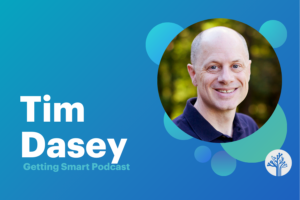
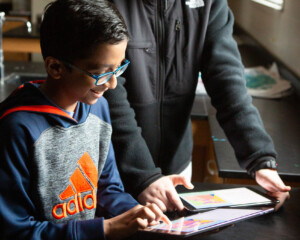
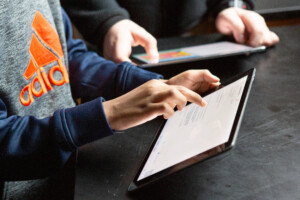
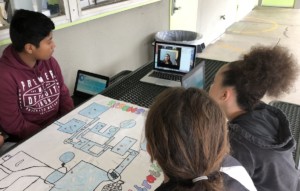

0 Comments
Leave a Comment
Your email address will not be published. All fields are required.